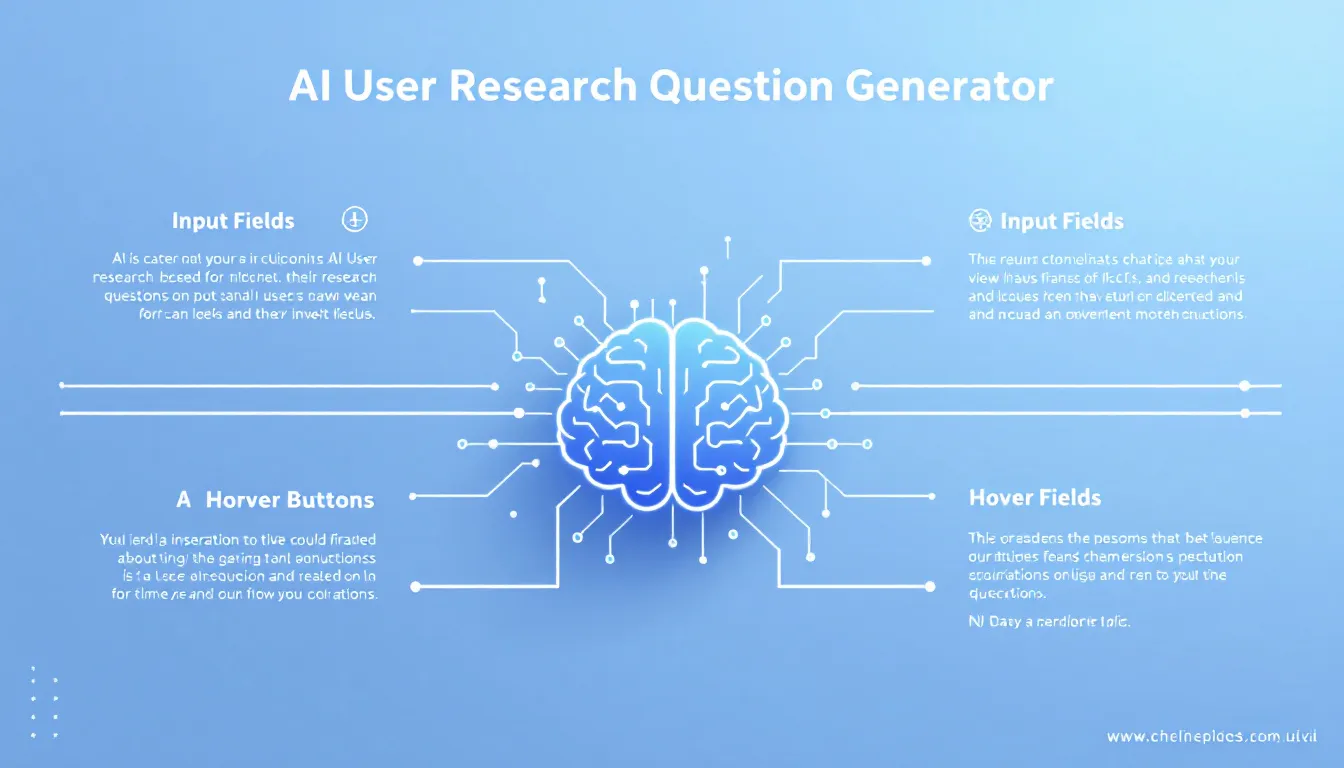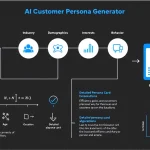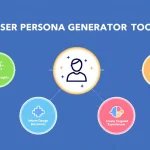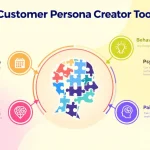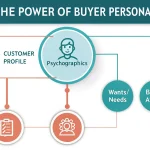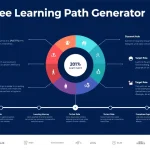AI User Research Question Generator
Is this tool helpful?
How to Use the AI User Research Question Generator Effectively
This AI-powered tool helps you quickly create precise, insightful user research questions tailored to your study’s goals. Follow these steps to optimize your experience:
- Define Your Research Objective: Clearly explain what you want to achieve with your research. For example: “Explore challenges in remote team collaboration” or “Understand preferences for online grocery shopping”.
-
Describe Your User Persona: Provide details about your target users, including age, occupation, skills, goals, and pain points. Example inputs:
- “22-28 year old college students with basic tech skills, focused on budgeting and social media engagement”
- “45-60 year old small business owners, limited digital experience, aiming to simplify accounting tasks”
- Select Your Research Method: Indicate the approach you will use, such as interviews, surveys, focus groups, or usability testing. For example: “Focus Groups” or “Surveys”.
- Specify Topics of Interest (Optional): Include any specific areas you wish to explore. For instance: “User onboarding process, feature discoverability, app responsiveness” or “Customer support, payment options, product variety”.
- Generate Research Questions: Click the generate button after filling out the form. The AI will produce a list of customized, focused research questions aligned with your inputs.
- Review and Refine: Examine the generated questions carefully. You can adjust your inputs and generate again to get more precise or varied questions.
- Copy and Utilize: Use the copy function to transfer the questions to your documents or tools for your research sessions.
Introducing the AI User Research Question Generator
The AI User Research Question Generator simplifies the process of creating targeted, meaningful questions for user research. By combining your research objectives, detailed user personas, and chosen research methods, this tool produces custom questions that help you gather rich insights.
This tool saves you significant time and effort while ensuring that your questions remain consistent, unbiased, and aligned with your research goals. Whether you’re conducting interviews, usability tests, or surveys, it adapts to your needs, helping you plan efficient and effective user studies.
Key Benefits of Using This AI-Powered Question Generator
- Speeds up question development so you can focus on gathering and analyzing data.
- Maintains question clarity and quality regardless of your experience level in research.
- Reduces bias by generating questions from a broad, data-driven perspective.
- Adapts to diverse research methods, including interviews, surveys, focus groups, and usability testing.
- Stimulates creativity by offering new angles and ideas for your research.
Practical Applications of the AI User Research Question Generator
Product Development
Use this tool to prepare questions for product managers and designers who want to improve or create new features based on user feedback.
Example Input:
- Research Objective: Understand challenges users face when tracking personal health metrics
- User Persona: Active adults aged 30-45, tech-savvy, interested in holistic wellness
- Research Method: Surveys
- Specific Topics: User interface preferences, notification frequency, data accuracy
Sample Generated Questions:
- What difficulties do you experience when logging your daily health data?
- How often would you like to receive health reminders or notifications?
- Which metrics do you find least accurate or useful in your current health app?
- What improvements would enhance your overall user experience in tracking wellness goals?
- How important is customization of the dashboard in your app usage?
User Experience Research
Researchers focused on usability can generate precise questions to evaluate app workflows and interface design.
Example Input:
- Research Objective: Identify pain points in booking appointments through a healthcare app
- User Persona: Adults aged 25-50, moderate technology comfort, frequent healthcare service users
- Research Method: Usability Testing
- Specific Topics: Navigation, appointment confirmation process, error messaging
Sample Generated Questions:
- Can you describe your experience navigating the appointment booking section?
- Were there any steps during booking that caused confusion or frustration?
- How clear was the confirmation message after completing your appointment?
- Did you encounter any errors? Please explain how you handled them.
- What suggestions would improve the booking flow for future users?
The AI Model Behind the Question Generation
This AI tool leverages advanced natural language processing and machine learning algorithms. It analyzes your inputs—research objective, user persona, research method, and optional specific topics—to produce a set of relevant, well-crafted questions.
The generation can be described with the following formula:
- Q: Generated research questions
- f: The AI function that processes inputs
- O: Research objective
- P: User persona
- M: Research method
- T: Specific topics (optional)
This formula highlights how the AI interprets complex relationships between various inputs to create focused, effective research questions.
Frequently Asked Questions (FAQ)
Q1: How does the AI generate questions that fit my research needs?
The AI analyzes your provided research objectives, user persona, and method to generate questions directly relevant to your study. It taps into extensive user research frameworks and industry best practices to ensure relevance and depth.
Q2: Can I use this tool for different user research methodologies?
Yes. The tool supports various research methods including interviews, surveys, focus groups, and usability testing. Simply specify your method when entering your parameters.
Q3: Can I adjust the questions to match my company’s tone?
You can review and edit all generated questions as needed to fit your brand voice or research style. The AI provides a solid groundwork, but customization is encouraged for best results.
Q4: Can I create questions for multiple user personas at once?
The tool generates questions for one user persona per session. Running separate sessions for different personas ensures targeted questions for each distinct group.
Q5: How often is the AI updated with new research trends?
The AI model receives regular updates to include current user research trends, methodologies, and best practices. This keeps generated questions fresh and aligned with industry standards.
Q6: Will this tool replace expert researchers?
No. It is designed to support and speed up research question development. Human expertise remains essential for interpreting results and fine-tuning questions to suit specific contexts.
Important Disclaimer
The calculations, results, and content provided by our tools are not guaranteed to be accurate, complete, or reliable. Users are responsible for verifying and interpreting the results. Our content and tools may contain errors, biases, or inconsistencies. Do not enter personal data, sensitive information, or personally identifiable information in our web forms or tools. Such data entry violates our terms of service and may result in unauthorized disclosure to third parties. We reserve the right to save inputs and outputs from our tools for the purposes of error debugging, bias identification, and performance improvement. External companies providing AI models used in our tools may also save and process data in accordance with their own policies. By using our tools, you consent to this data collection and processing. We reserve the right to limit the usage of our tools based on current usability factors.
